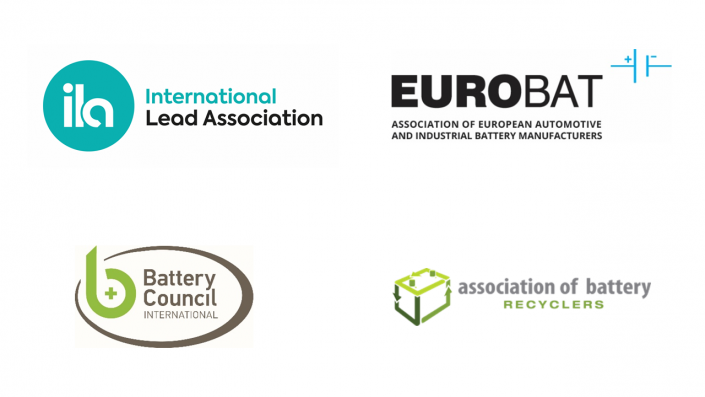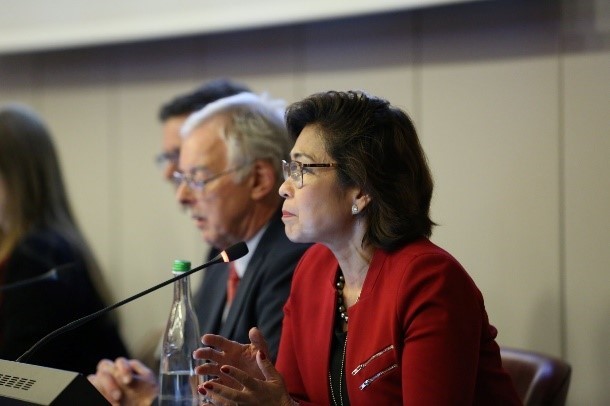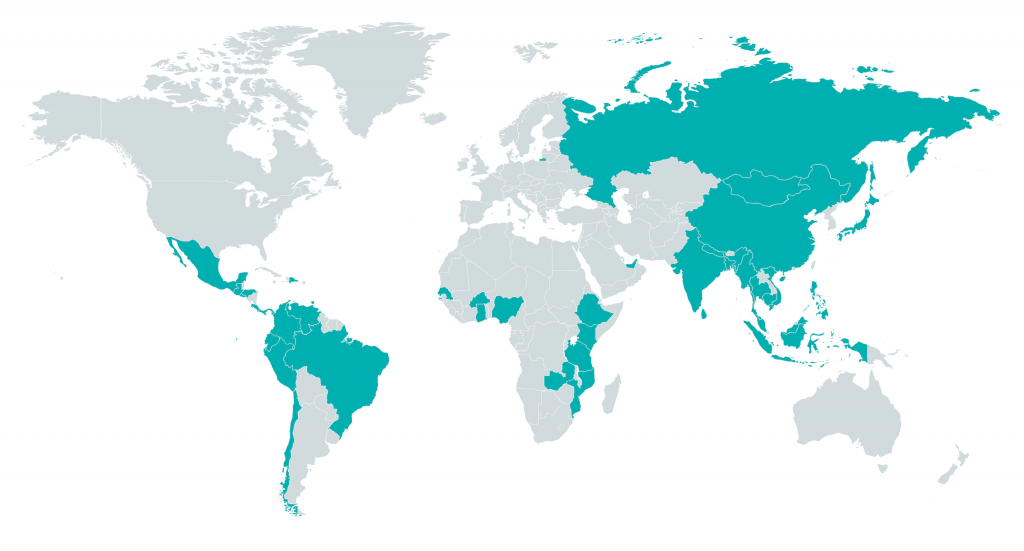Material stewardship
As an industry we are continuously working to ensure that lead is manufactured and used responsibly, minimising environmental and health impacts.
Global alliance works to improve standards in lead battery manufacturing and recycling
Four associations representing lead and lead battery companies in North America and Europe are working with global partners to help tackle informal, and substandard lead battery recycling.
The problem exists in countries where little or no regulation is in place, and where often vulnerable, poorer communities take part in unsafe practices to earn income, despite the risks. By contrast, North America and Europe benefit from advanced recycling and manufacturing facilities, which are appropriately regulated and where environmental and health standards are a priority.

ILA and our partner associations are committed to supporting the United Nations’ Children’s Fund, UNICEF, non-governmental organisations and other agencies in those countries where informal recycling is a problem.
The material stewardship program has been devised to support further work in the ongoing battle against inappropriate and substandard recycling.
Associations and companies have committed to responsible battery recycling and sourcing of raw materials and advocating for improved standards of lead battery recycling in low and middle-income countries by reducing the influence of the informal sector.
Stronger together: sustainable safe battery manufacturing and recycling
The ILA, working with three other associations – Battery Council International, EUROBAT, and the Association of Battery Recyclers – have formed a global alliance to help improve standards in lead battery manufacturing and recycling worldwide.
As an alliance we are working together on a comprehensive material stewardship program with objectives to:
Promote responsible sourcing and prevent material entering the market from recyclers who fail to establish controls and processes to protect public health and the environment.
Encourage continuous improvement in the environmental and health and safety performance of all companies in the lead battery value chain.
Encourage the development of producer responsibility programmes so that there is market-driven collection of the companies’ batteries at end-of life and recycling under environmentally-sound conditions.
Support best practice sharing and advocate for improvements in health and environmental standards in low and middle-income countries.
Enhance transparency by reporting progress to interested stakeholders.
Companies participating in the programme commit to:
The Guiding Principles:
- Support responsible battery manufacturing and recycling by placing environmental health and safety excellence at the heart of our operations.
- Promote the sound management of lead exposure and emissions by setting continuous improvement targets and sharing best practices.
- Adopt responsible sourcing policies for lead containing materials, seek to identify risks in the supply chain, and use our influence to promote best practices for EHS performance in suppliers’ operations.
- Minimise the environmental impact of our products by encouraging the development of programmes that ensure effective collection, transportation and environmentally sound recycling of used lead batteries.
- Adopt business practices that consider the communities impacted by our operations, respect the human and labour rights of our employees and work against corruption in all its forms.
- Proactively engage key stakeholders in an open and transparent manner.
- Partner with key stakeholders and government agencies to share our expertise and promote environmentally sound recycling of lead batteries in low and middle-income countries.
We want to see an end to all informal and unregulated recycling in low and middle-income countries. The more governments and regulators do in these countries to provide incentives to ensure that used batteries are only recycled by high performing recyclers, and to crack down on unregulated recycling, the better.
Joint statement by ILA, Eurobat, BCI and ABR July 2020

Expert support

ILA’s lead battery recycling consultant Brian Wilson has worked in countries including Ghana, Bangladesh and Ethiopia to help improve standards at plants and protect communities. He is an expert adviser to UNICEF, supporting the Protecting Every Child’s Potential initiative.
Material stewardship in action
For more than two decades, ILA has worked in 40 low and middle-income countries, advising governments, communities and companies on best practice lead battery recycling methods – based on international technical guidelines which we helped develop. Find out more here.

Map indicates countries where ILA has worked to help reduce informal and substandard battery recycling.
